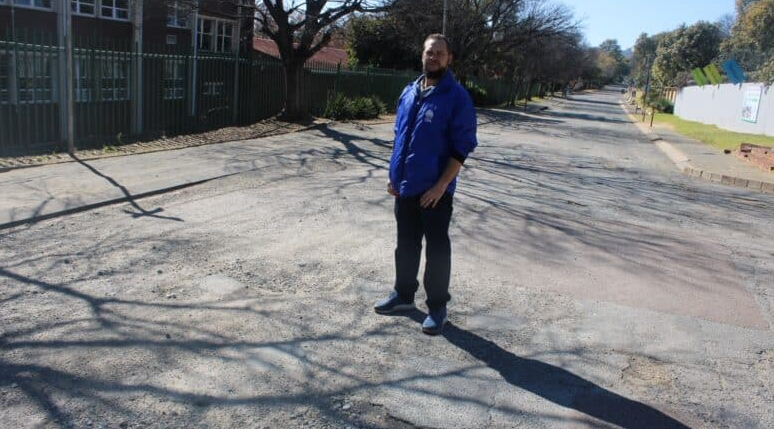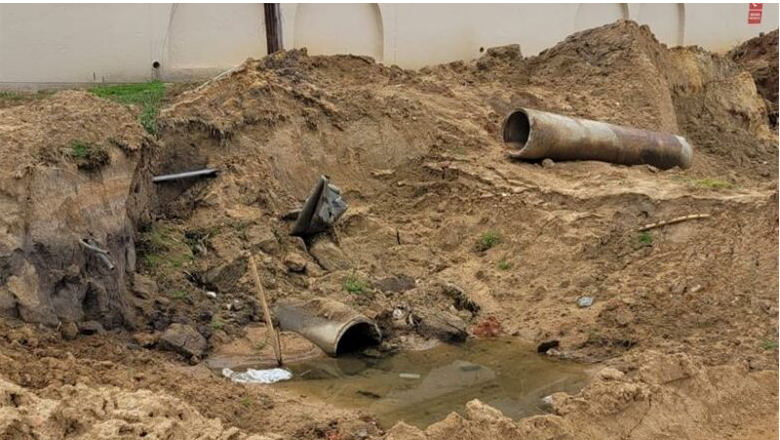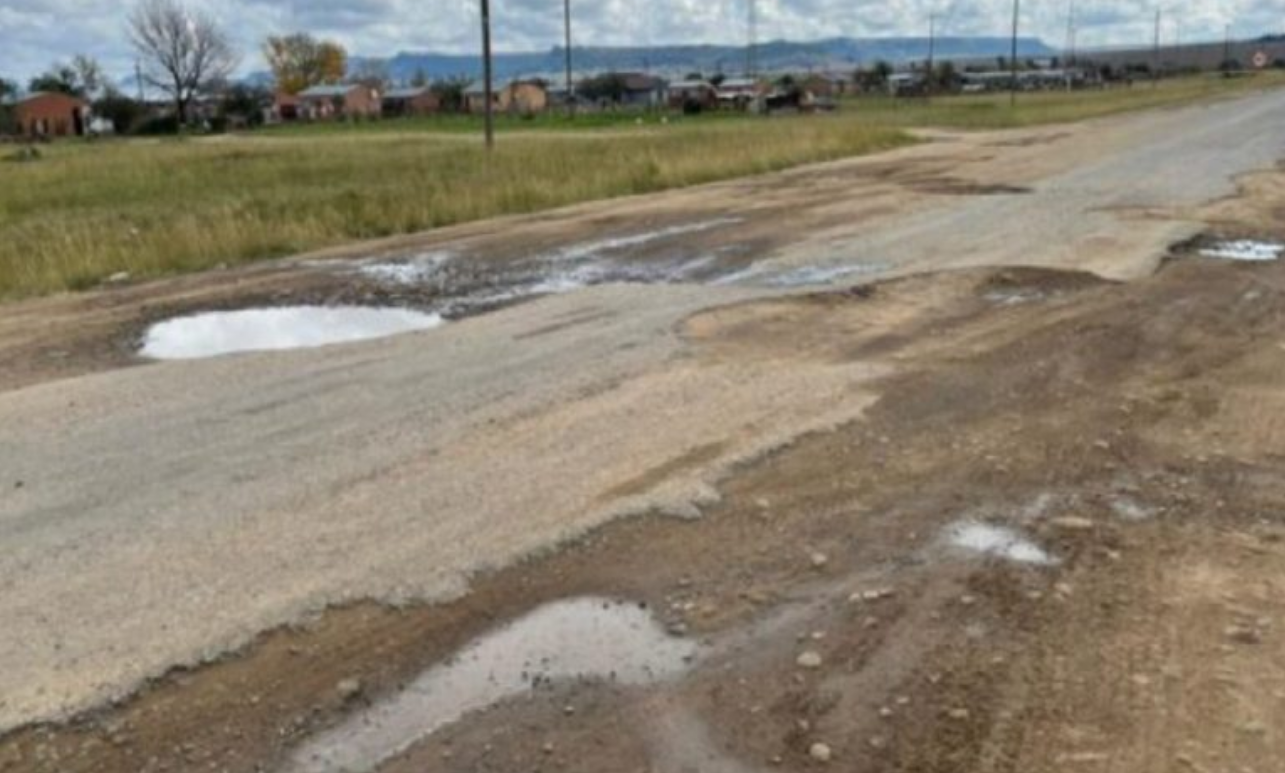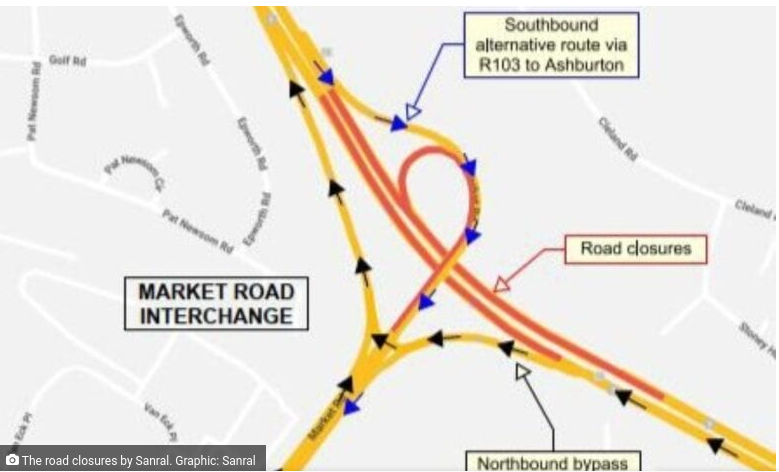Sanral statements are contradictory - Outa

Advertising
27-01-2015
Read : 121 times
Moneyweb
Source
Comments raise questions about e-toll scheme’s planning.
Outa is both amused and concerned by comments reflected in a Moneyweb article titled “E-toll revenue drops by 40% since June - 23 January 2015”, which are contradictory to earlier comments made by senior management at Sanral and Treasury.
Concern 1:
In the article, Sanral CFO Inge Mulder says, “the main objective of tolling is not funding, but traffic demand management – changing the behaviour of motorists through pricing signals in order to reduce congestion.” At the outset, this statement is contrary to the message provided by the Minister of Finance, Mr Pravin Gordhan, during the 2012 Inter Ministerial Committee meetings on the e-toll matter, wherein he made it clear to Outa that the e-toll scheme was intended as a funding mechanism and not for congestion management. The matter of the scheme as being primarily to raise funds to settle the GFIP bonds has been echoed time and time again by Sanral and the authorities.
Further to the above, we maintain that if indeed the scheme was primarily aimed at managing congestion and changing road user behaviour during peak traffic periods, why then does Sanral charge e-toll tariffs after hours, at midnight or on weekends and public holidays? The truly effective tolling congestion management schemes in London and Stockholm do not charge for travel on weekends or out of peak traffic hours.
Concern 2:
In another part of the article, we read that: “E-tolls were never designed with criminal enforcement in mind. The plan was to collect the outstanding toll fees through the Administrative Adjudication of Road Traffic Offences (Aarto) Act.” In the article it is stated that where it has been implemented, Aarto has been an administrative nightmare and it is doubtful that it can be fixed in time to assist Sanral with e-toll collections.”
What makes this statement concerning to Outa, is that long before the e-toll scheme was launched, Sanral knew that Aarto was never ready or able to serve their e-toll interests, yet they forged ahead with the scheme and switched instead to the Criminal Procedures Act (CPA) as their enforcement mechanism. Sanral was even in talks at one stage, to have the NPA set up special “E-Toll Courts”, to remove the pressure from the normal court process. To now claim there was never an intention to criminalise citizens for non-payment of e-tolls is misleading.
What makes this statement farcical, is that during the first quarter of 2014, Sanral’s marketing campaign was filled with threatening messages of possible criminal charges and legal enforcement, should motorists failed to pay their e-toll bills. It appears now that Sanral’s messages were tactics of intimidation, if indeed they now claim that the scheme was never intended to criminalise the public.
General:
Of greater concern is that by making such statements, Sanral has acknowledged that laws under which they have launched the scheme are illegitimate. As the common knowledge goes, if the authorities are unable to enforce a government policy underpinned by legislation, those laws becomes meaningless. This is most certainly a dangerous place for government to find itself in.
Outa feels that these comments made by Ms Mulder during this interview, raises serious questions about the scheme’s planning, reasoning and analysis of its practical application. Amending the logic of this scheme, years after it has significantly failed to achieve its targets, further reduces what little credibility Sanral might still have.
Recent News
Here are recent news articles from the Building and Construction Industry.
Have you signed up for your free copy yet?









